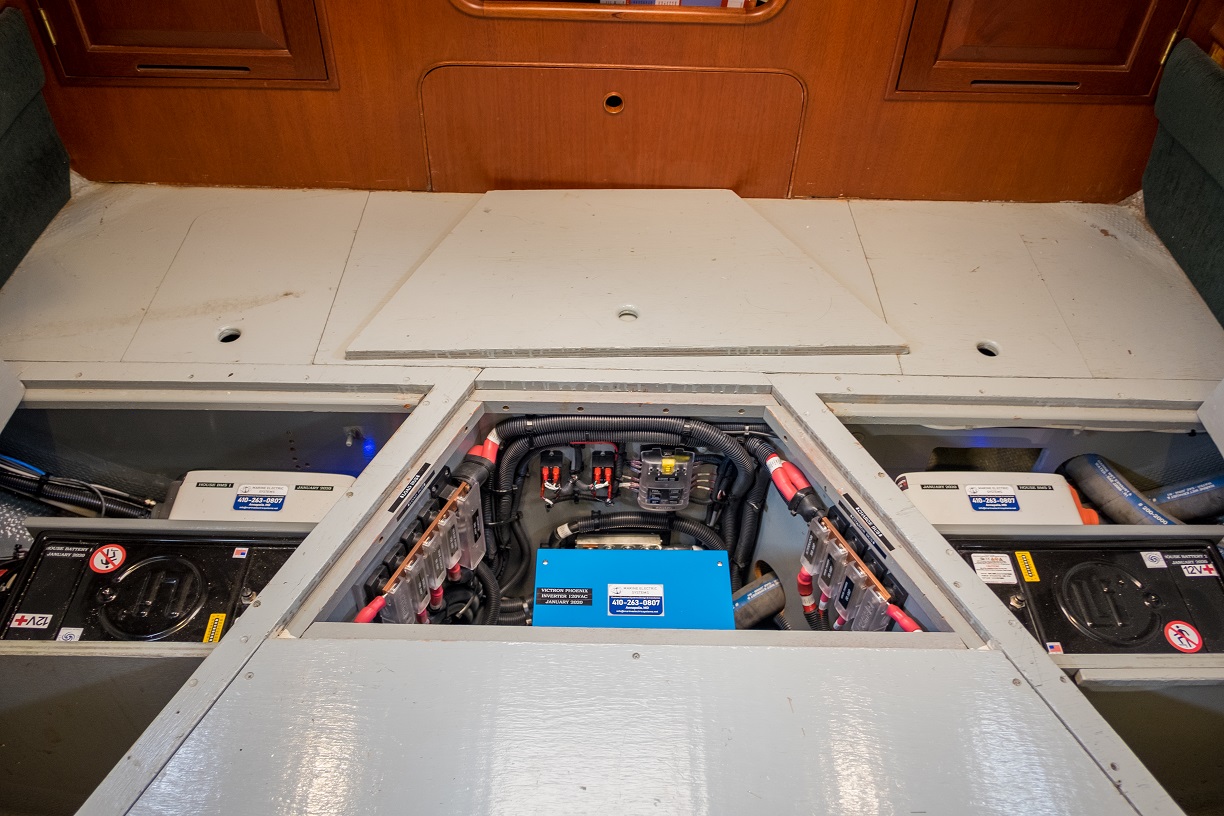
Marine battery care is essential to extend its lifetime
You have likely heard all types of information regarding marine batteries, such as how to charge them, repair them, and store them. What should you do to increase battery lifespan? Which battery tips should you remember? Batteries don’t last forever, and the life of a battery is based on the number of times it is discharged and recharged. So, battery care is essential to extend its lifetime. Here are some critical do’s and don’ts of battery storage.
Do: Perform Regular Maintenance
It would be best to first clean any debris off the top of the battery before storing it. Inspect cables, connections, and the battery case for any signs of damage. Be sure to remove any evidence of corrosion on the battery terminals. If you’re using a conventional lead-acid battery, make sure to water it properly. Measurement is critical, so ensure you fill it to the specified level by the battery manufacturer.
Do: Charge the Batteries One Last Time
There are two main reasons you should charge your battery before putting it in storage. First, it will ensure the life and capacity of the battery. Also, maintaining a full charge will help keep the battery from freezing in cold temperatures.
Do: Store the Battery in the Proper Place
It’s good to remove the battery from the vessel and store it in a cool, dry location. For conventional lead-acid batteries, store them safely in a plastic bin or on a surface that will not react with the acid if the battery leaks or becomes damaged. If you are maintenance charging the battery, make sure you have easy access to the battery.
Don’t: Add Tap Water to Lead-Acid Batteries
When using a lead-acid battery, it must be refilled with only distilled water to function correctly and stay healthy. Non-distilled water, like tap water, will introduce small particles and bacteria, weakening the battery chemistry.
Don’t: Use Unregulated Chargers
Marine battery chargers aren’t universal, so it is essential to use the proper charger and settings for your battery and type. Consider using a trickle charger or smart charger to ensure that your battery doesn’t overcharge. Using an unregulated charger can damage your battery or possibly render it unusable.
Don’t: Leave Batteries in Your Boat
You must remove or disconnect your marine battery before storage. Removing batteries is important to prevent slow battery drain from the batteries into the equipment, thereby extending their lives. If you leave your battery connected to your boat over the winter, the freezing temperatures could damage your battery, and leaking acid can seep onto the rest of your electronics.
Marine Electric Systems, LLC is a Leader In the Maritime Industry
We here at Marine Electric Systems have over 30 years of industry experience. You can trust our team for reliable service and expert craftsmanship in the Maryland, Baltimore, Annapolis, and Baltimore city areas! We’re highly certified and adhere to all ABYC and NMEA regulations. We specialize in top-notch electrical solutions for recreational, commercial, and government boating clients. Anything from electrical refits, to navigation systems, or boating maintenance. To stay up to date on our services, follow us on Facebook, LinkedIn, Pinterest, Instagram, and YouTube. You can also contact us at 410-263-0807.
